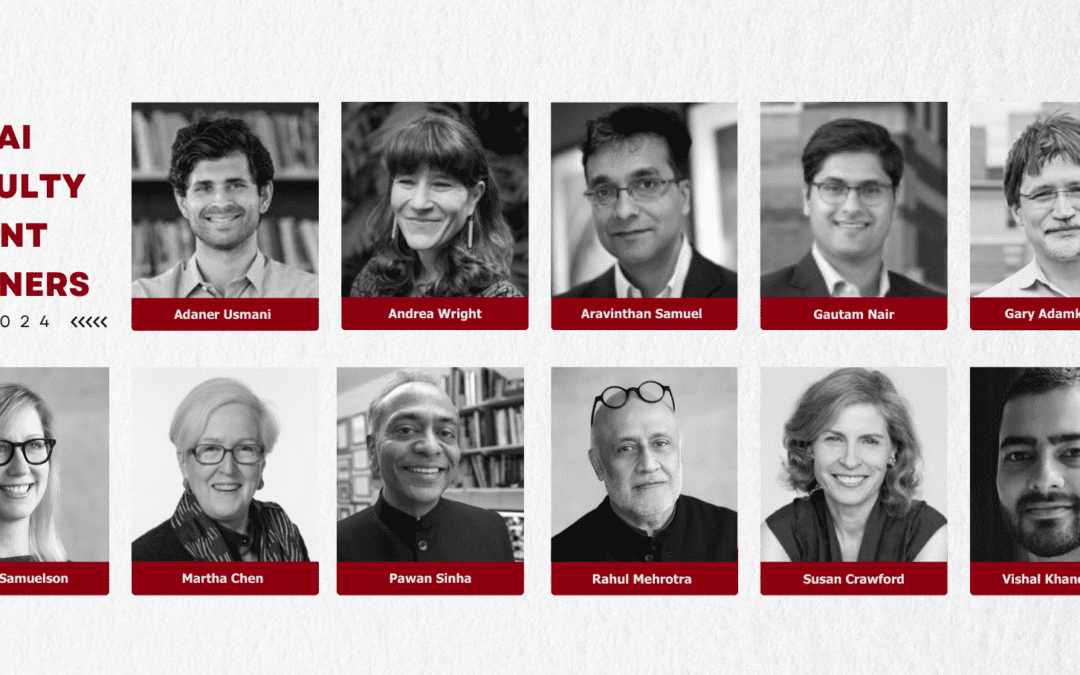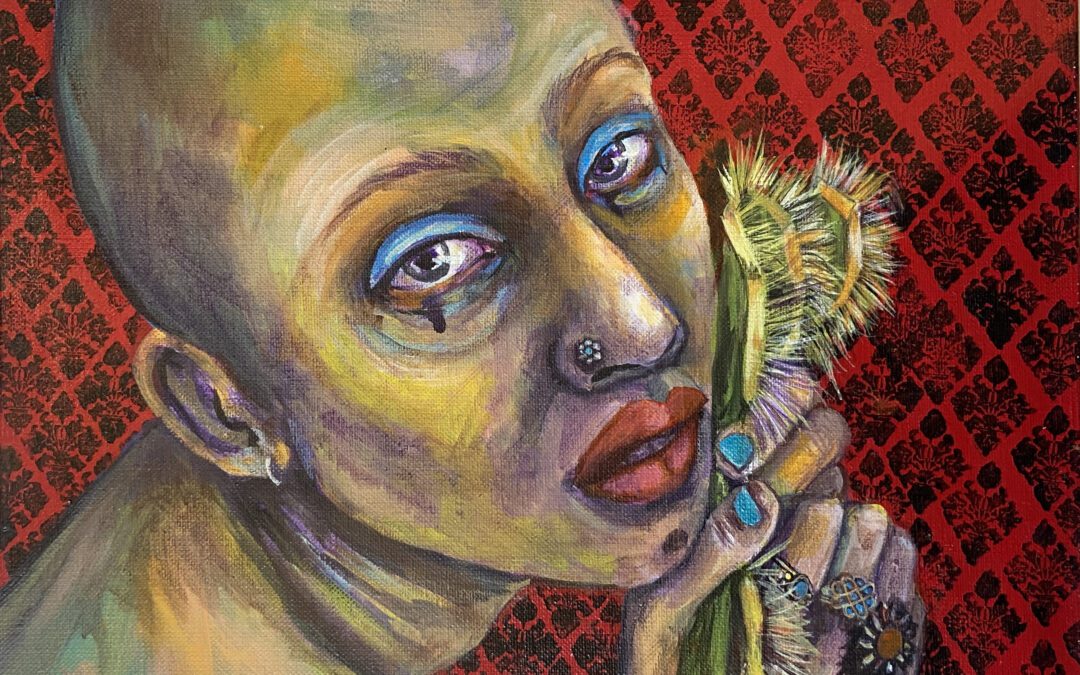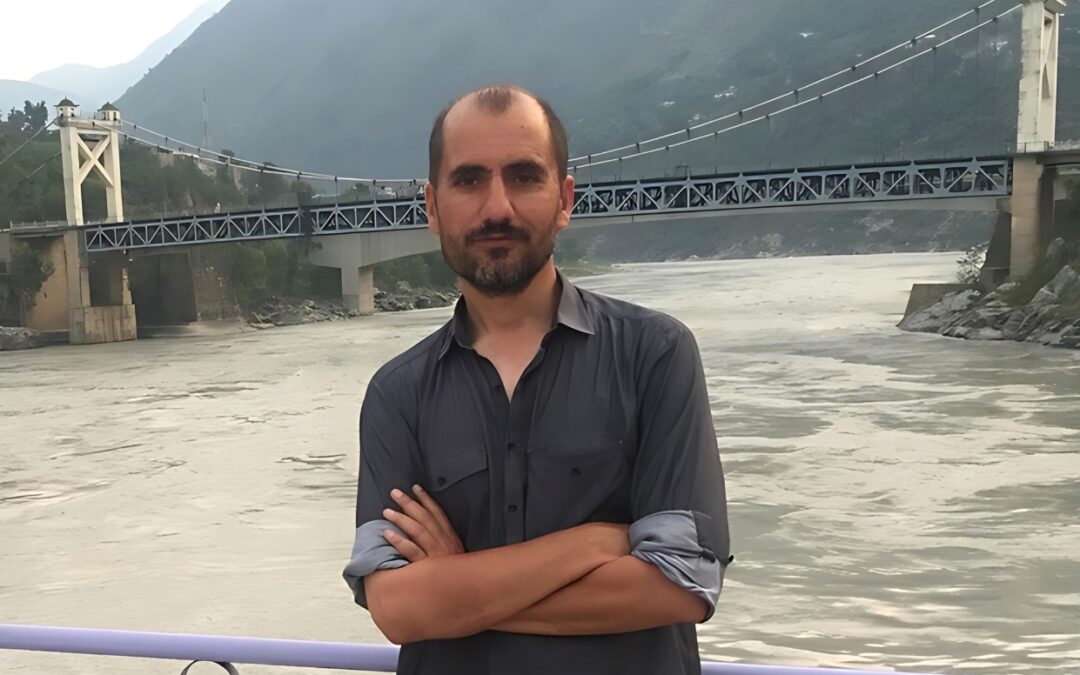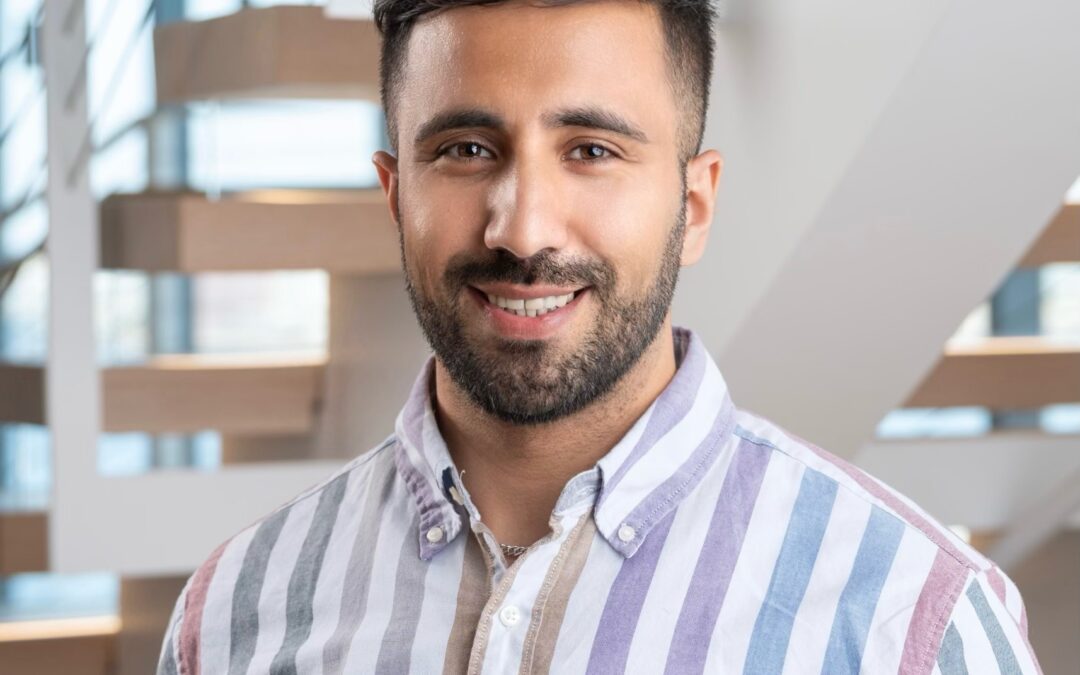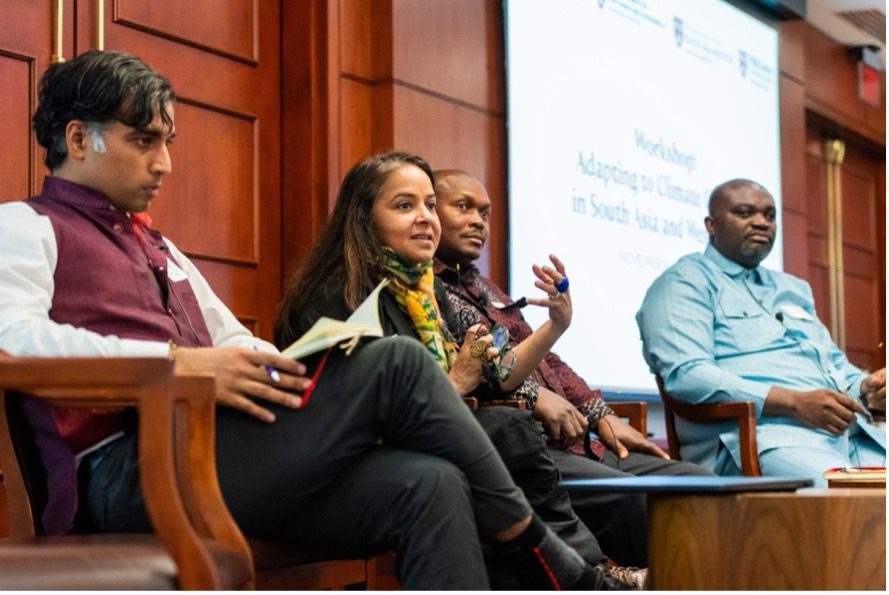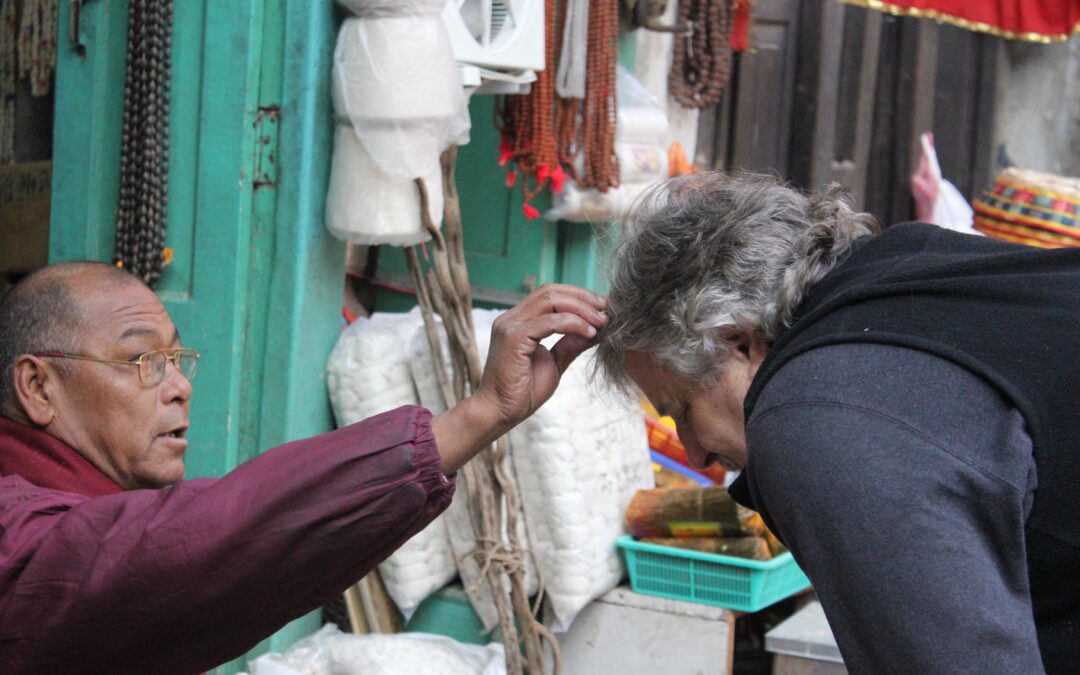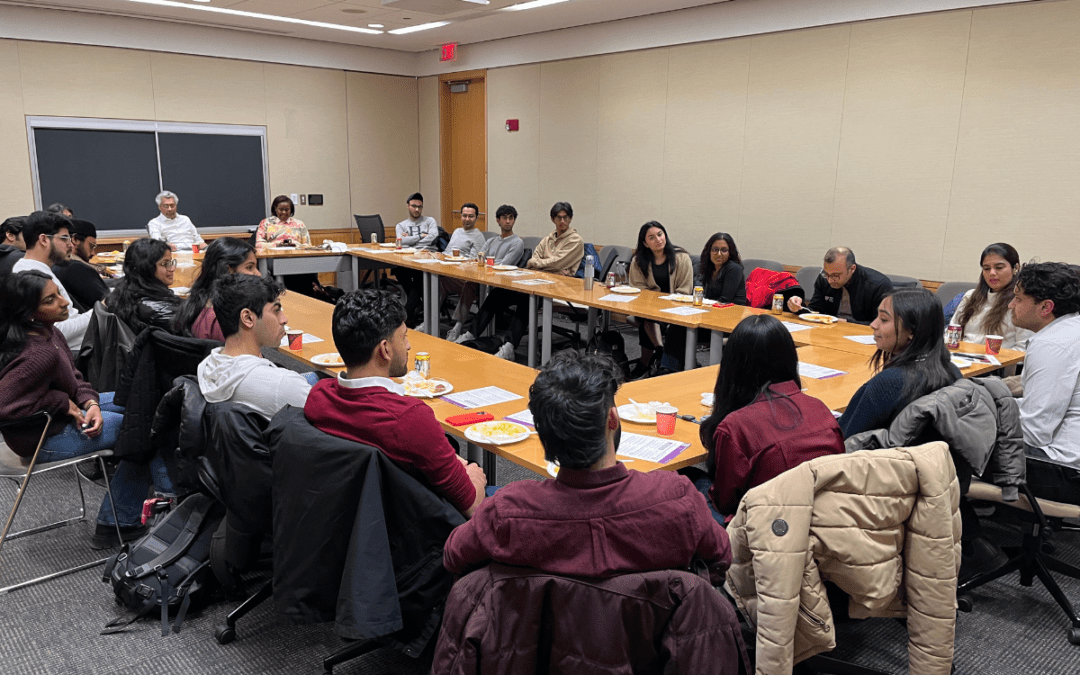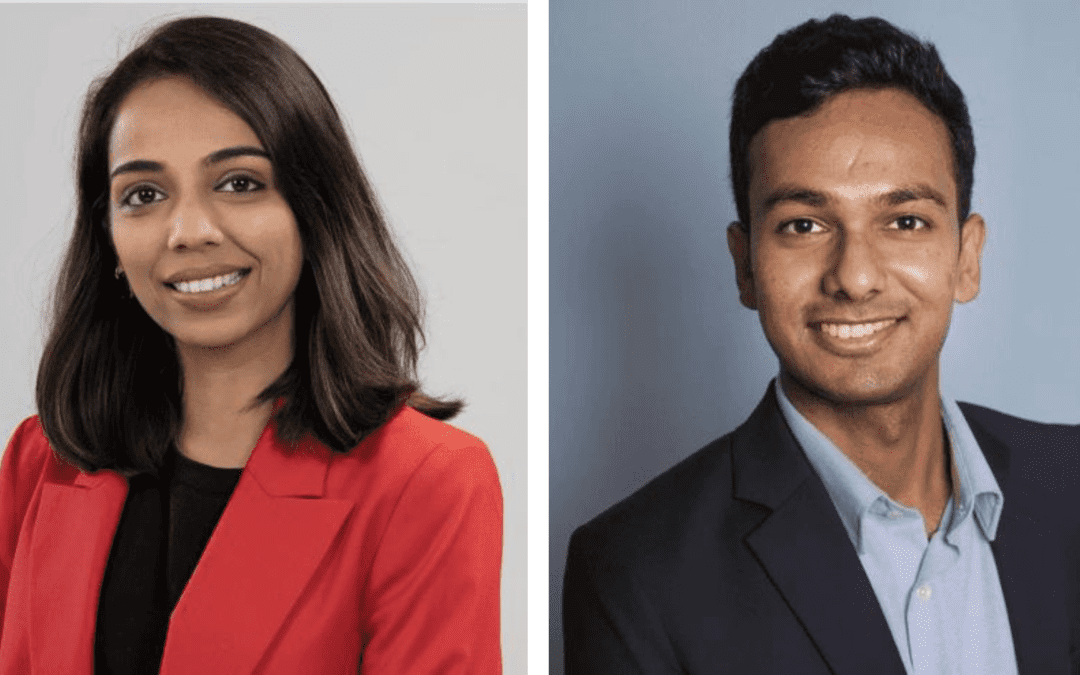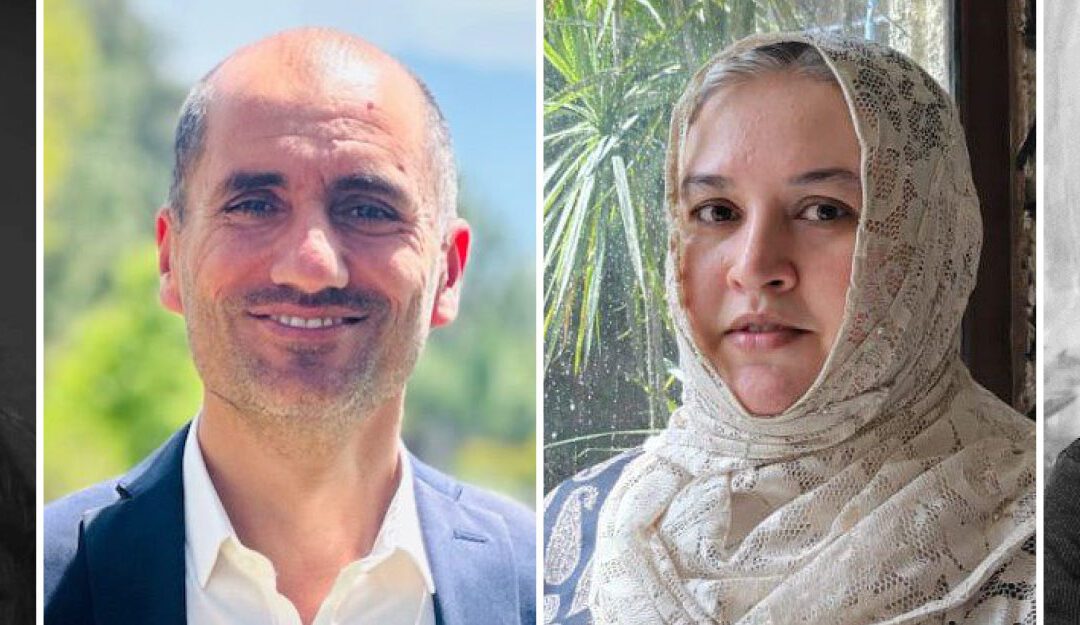Harvard Faculty Convene New Series on the Indian Elections 2024: A Q&A
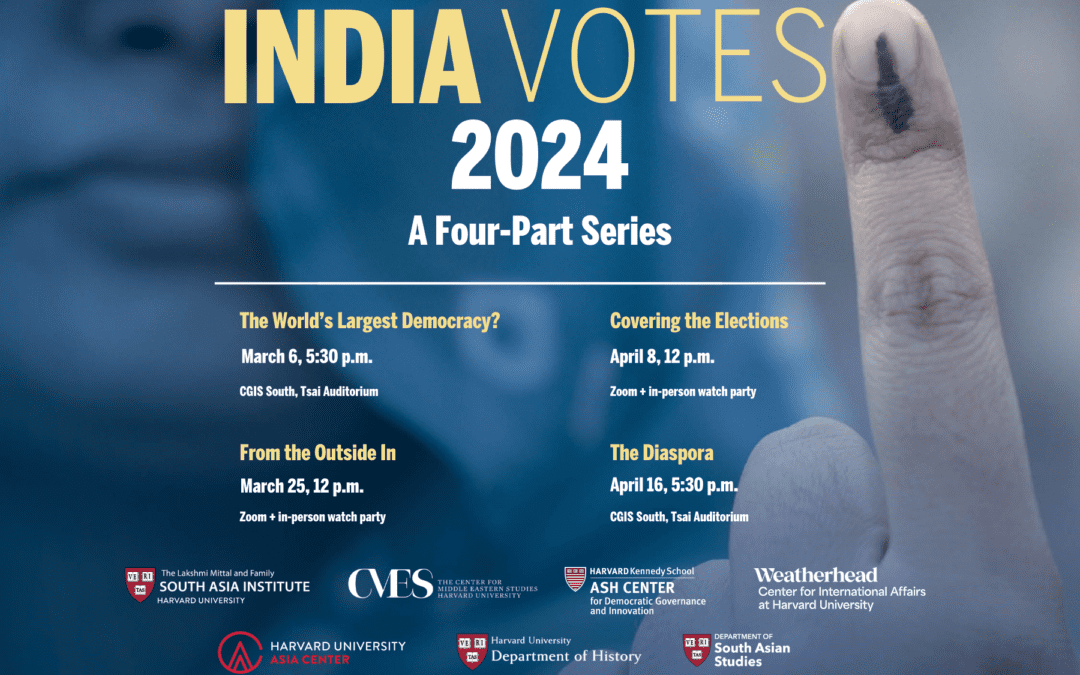
2024 is a significant election year globally with more voters than ever before heading to the polls. India will hold the largest election of them all and is one of several South Asian countries to have national votes this year. This four-part series – led by Harvard Professors Arunabh Ghosh, Maya Jasanoff and Vatsal Naresh – will feature cutting-edge scholars across the social sciences and media who will come together over the next two months to provoke discussions about democracy, the press, and diasporic politics that resonate with parallel trends in the U.S., Asia, and globally. We spoke with the three event conveners for more on the ideation of the series, and what we can expect from the discussion.

